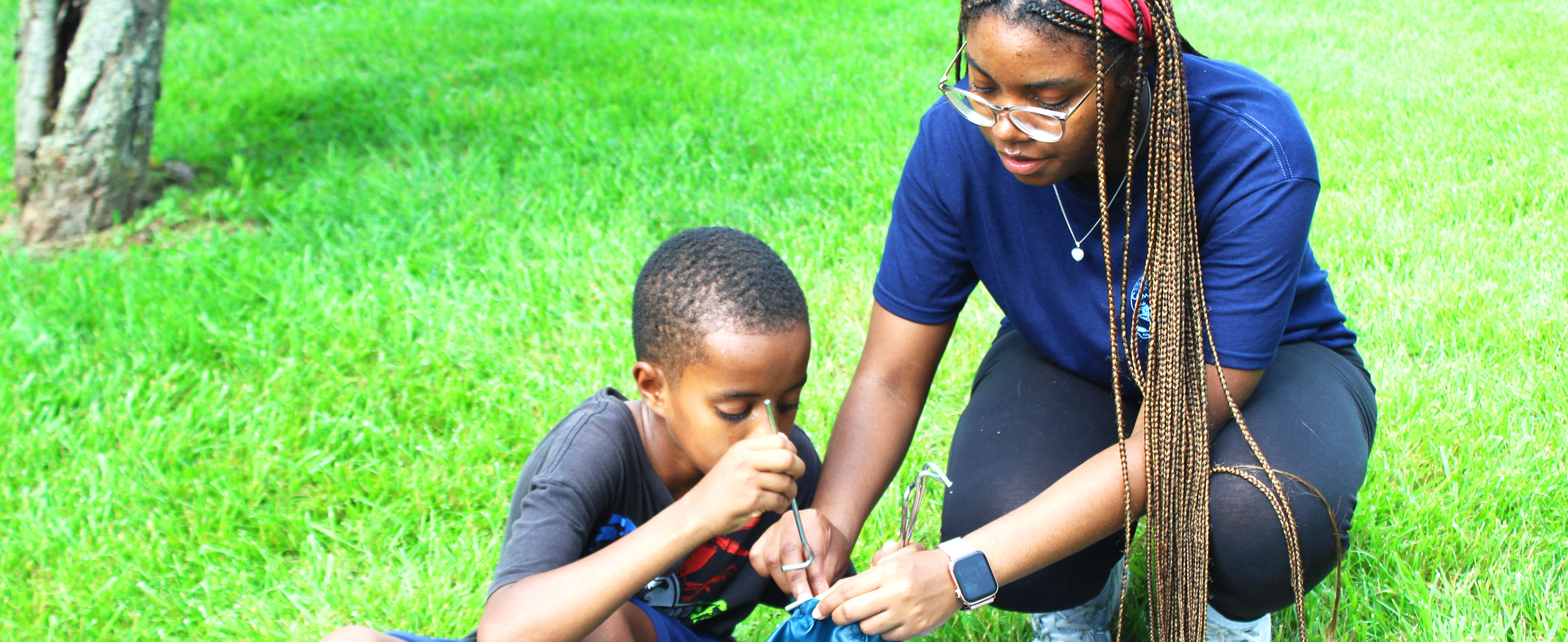When families choose a camp like Sequoia for their neurodivergent child, they’re looking for more than a fun summer. They’re seeking growth, belonging, and continuity — an environment where their child’s strengths are nurtured and challenges are supported.
For this vision to succeed, one critical ingredient stands out: collaboration with professionals. Doctors, therapists, educational consultants, and coaches are not simply referral sources — they’re key stakeholders in building the scaffolding that makes meaningful change possible. This is why two professional references are a key component in our enrollment process.
This blog explores why their involvement matters so deeply, how their expertise elevates the camper experience, and how organizations like Camp Sequoia model professional partnership in action.

